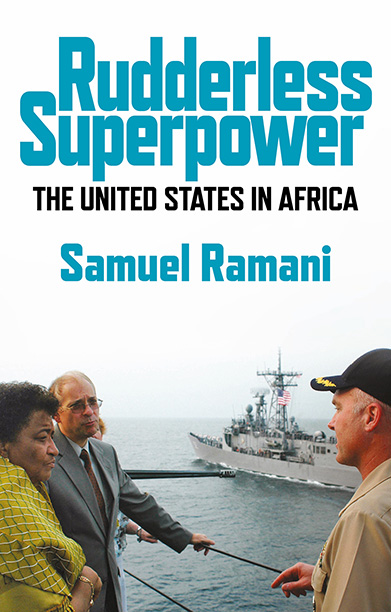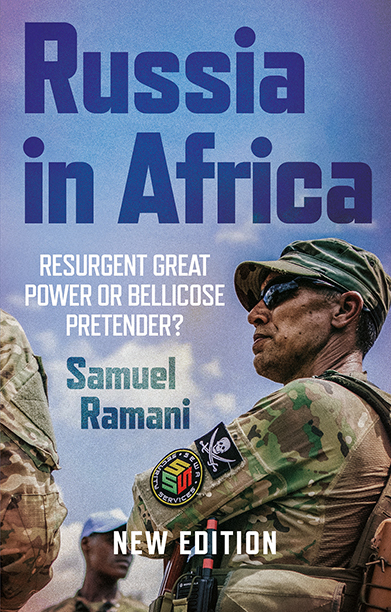Rudderless Superpower
The United States in Africa
An authoritative appraisal of US policy in Africa since the end of the Cold War, highlighting ill- fated interventions and a damaging withdrawal from strategic vision.
Description
When President George H.W. Bush and General Secretary Mikhail Gorbachev convened in Malta in December 1989, superpower contestation gave way to a new era of US unipolarity. In Africa, the Cold War had already ended. The Soviet Union had abandoned its Marxist-Leninist client states, and Cuban forces were leaving Angola. Yet, just five years later, Washington’s hegemonic aspirations in Africa seemed quixotic at best and delusional at worst.
US military defeat in Somalia and the 1994 Rwandan Genocide both highlighted the absence of American grand strategy. Over the next quarter-century, the US ceded its economic primacy in Africa to China and was relegated to a spectator role in key security crises. Could the US have forestalled the continent’s embrace of multipolarity through consistent engagement and a firm break from Cold War thinking? And is the crumbling of US power there reversible?
Rudderless Superpower addresses these questions through a meticulous chronological examination of US policy in Africa since the 1990s. In a break from traditional accounts revolving around crisis moments and leadership at the White House, Ramani contends that the perpetuation of Cold War–era mistakes and diplomatic failures placed US influence in Africa on a path of inexorable decline.
Author(s)

Samuel Ramani is Associate Fellow at London’s Royal United Services Institute. The author of Russia in Africa; Putin’s War on Ukraine; and Rudderless Superpower (all published by Hurst), Samuel regularly advises the U.S. and UK governments on international security issues, and contributes to Foreign Policy, CNN and the BBC.






